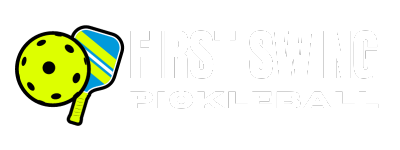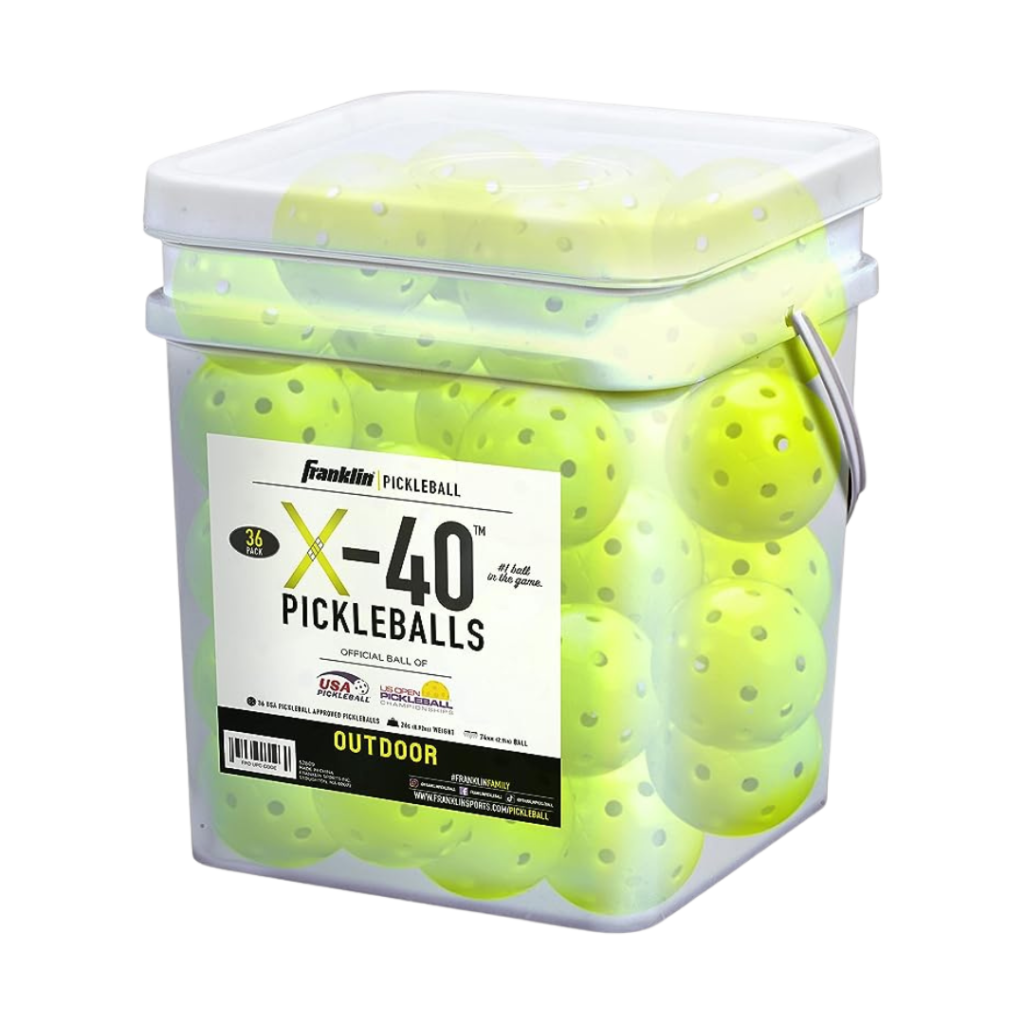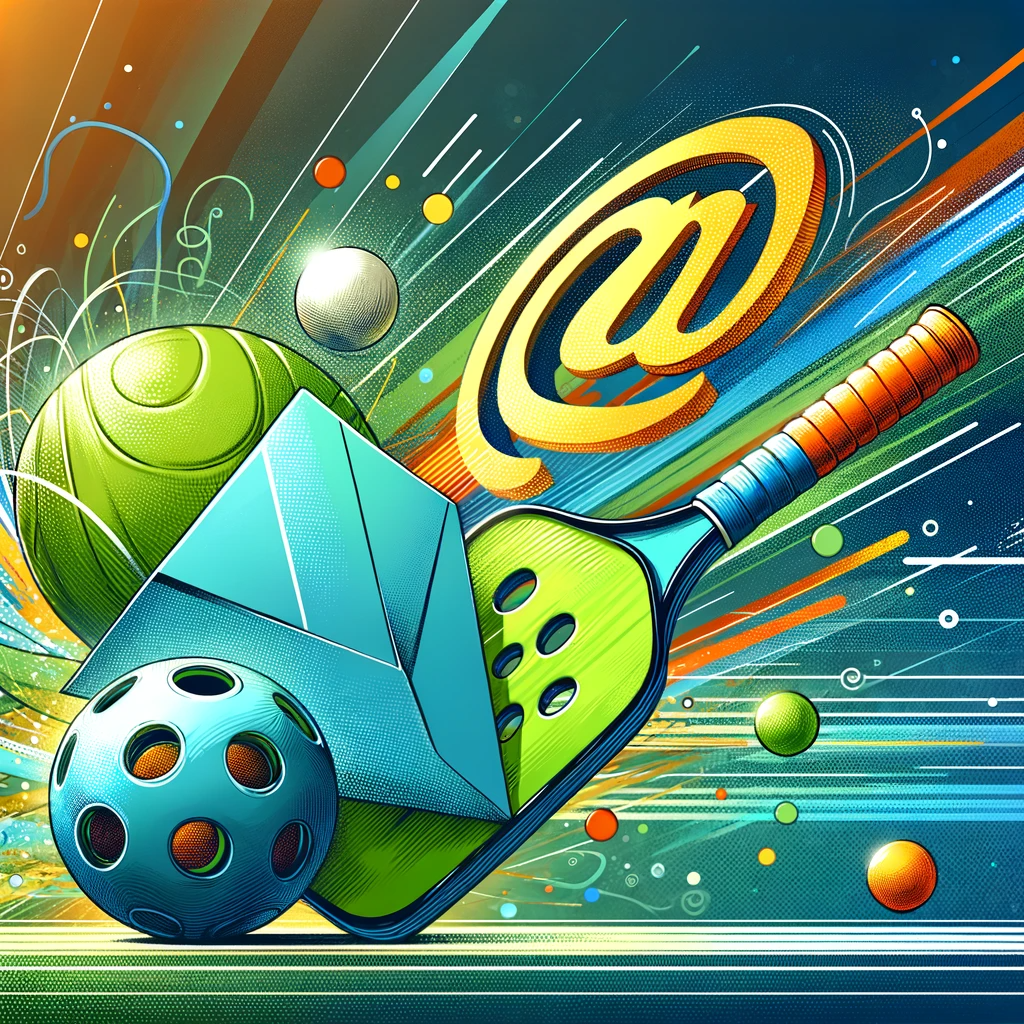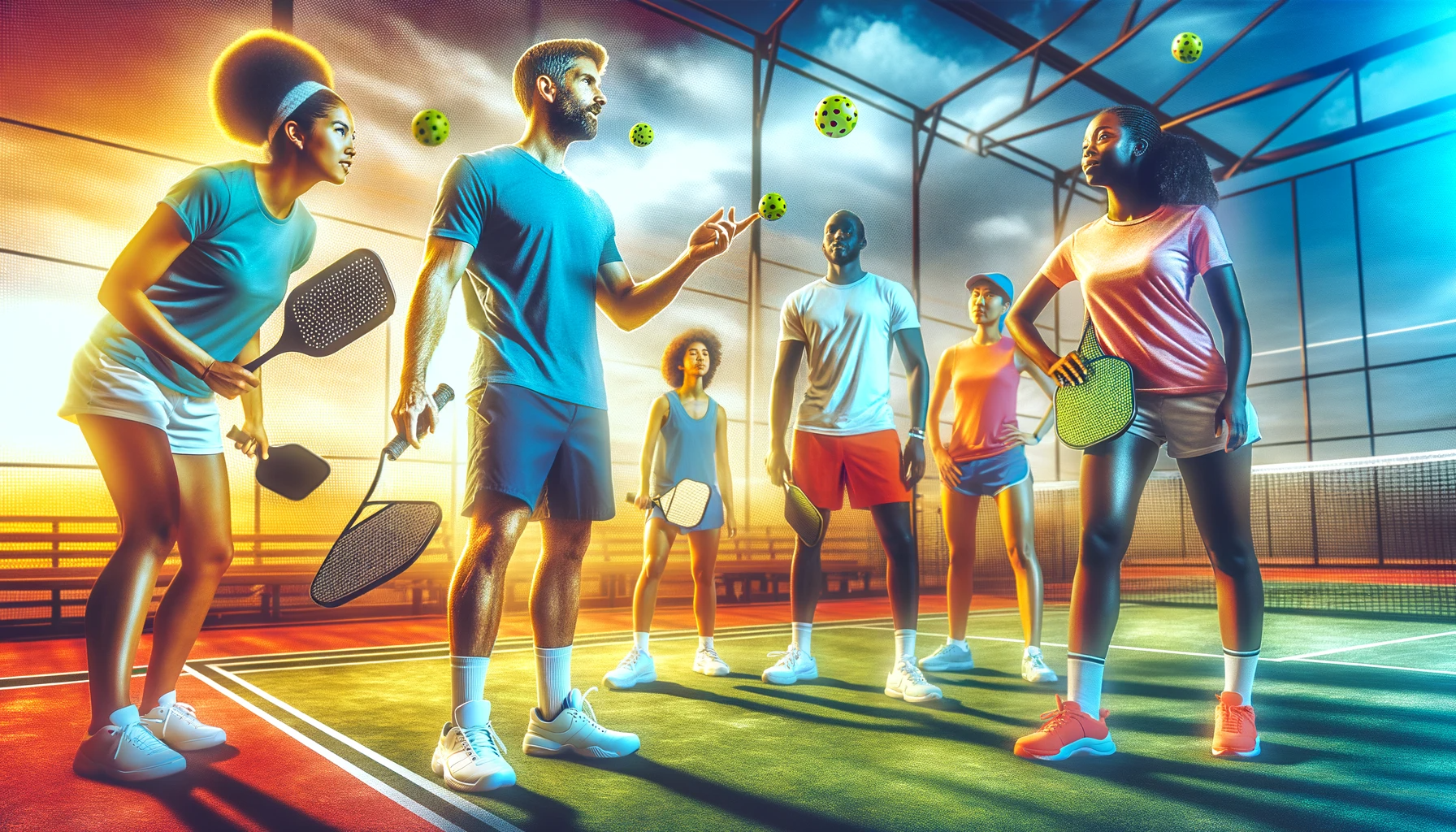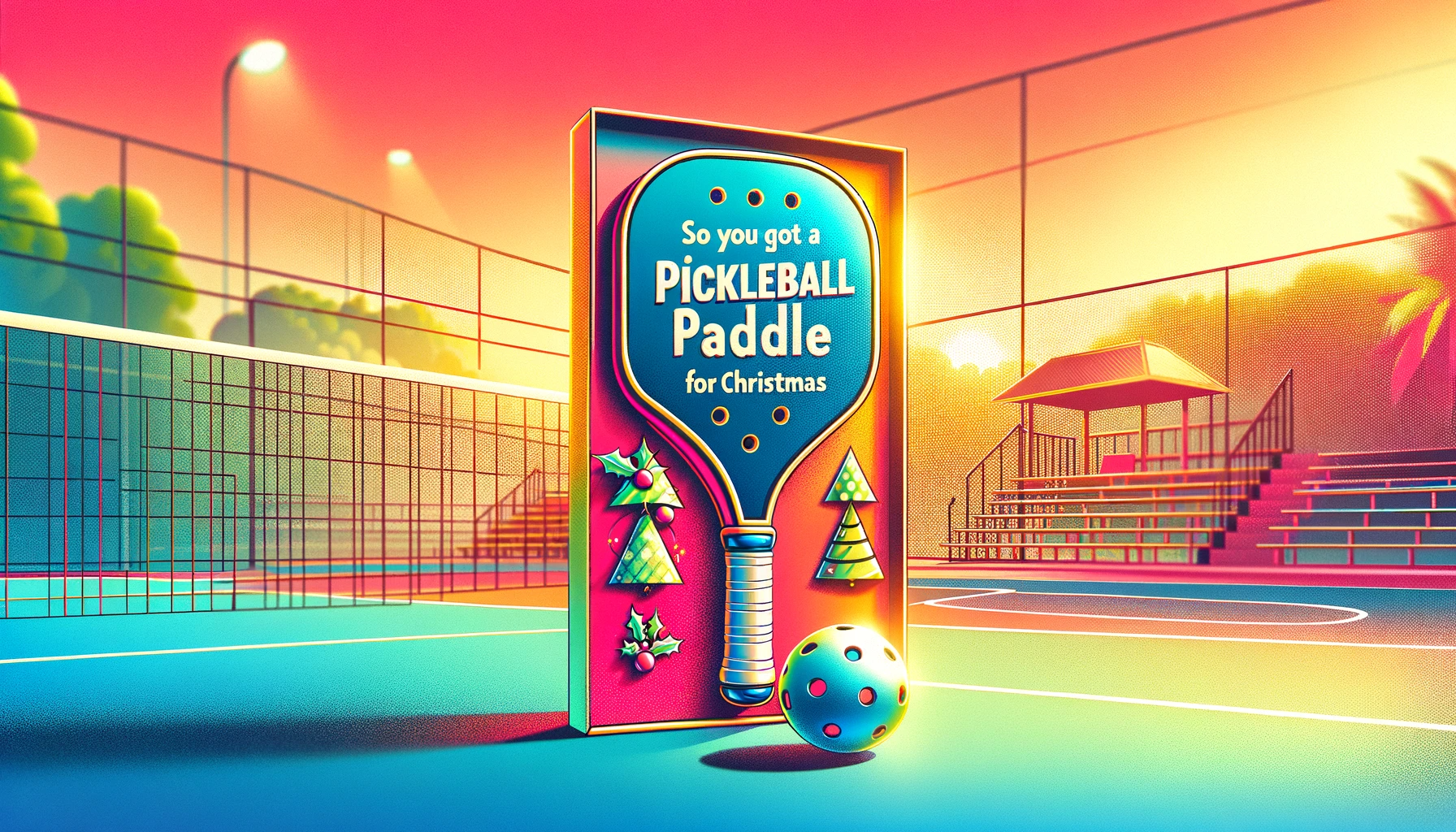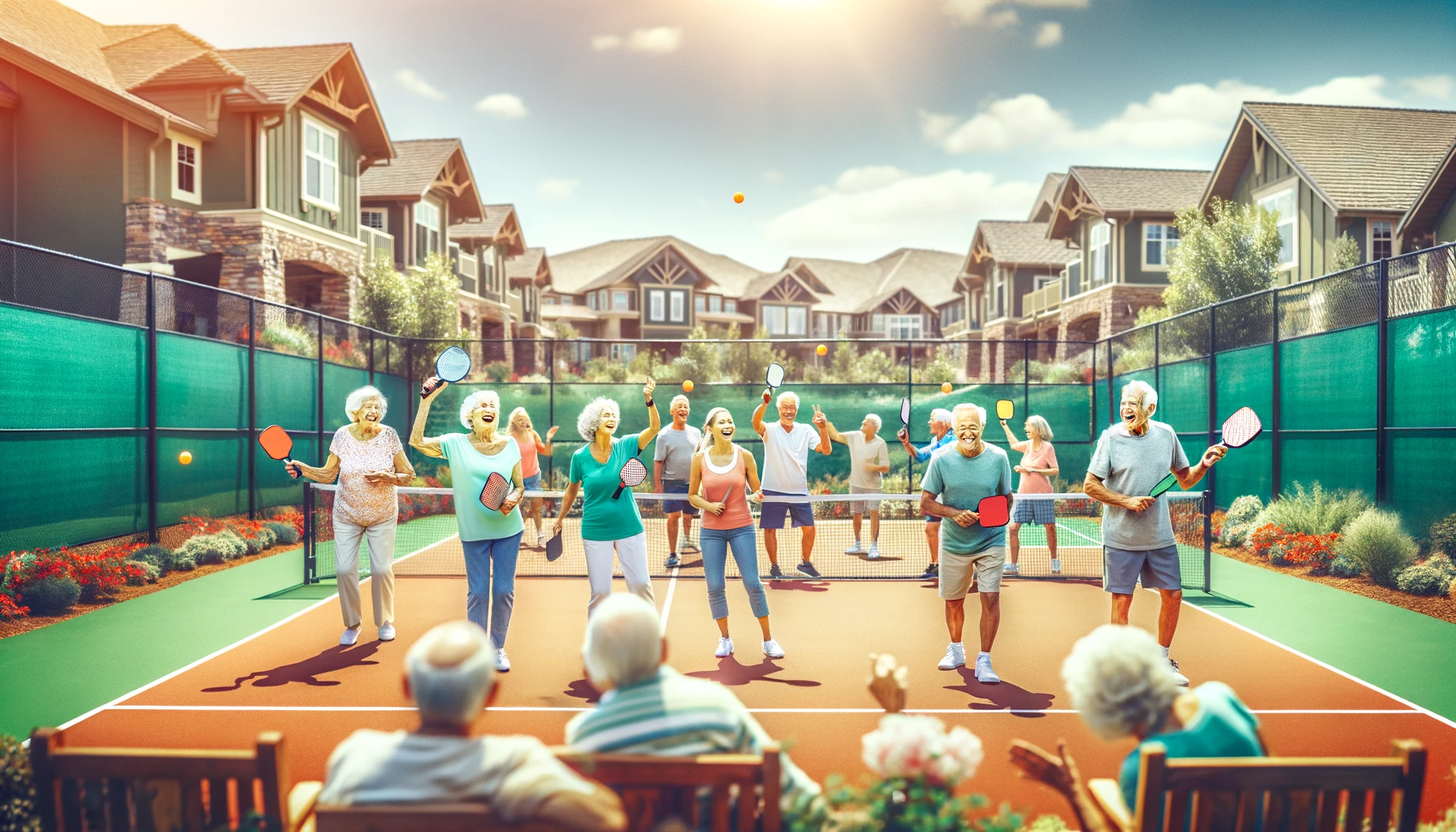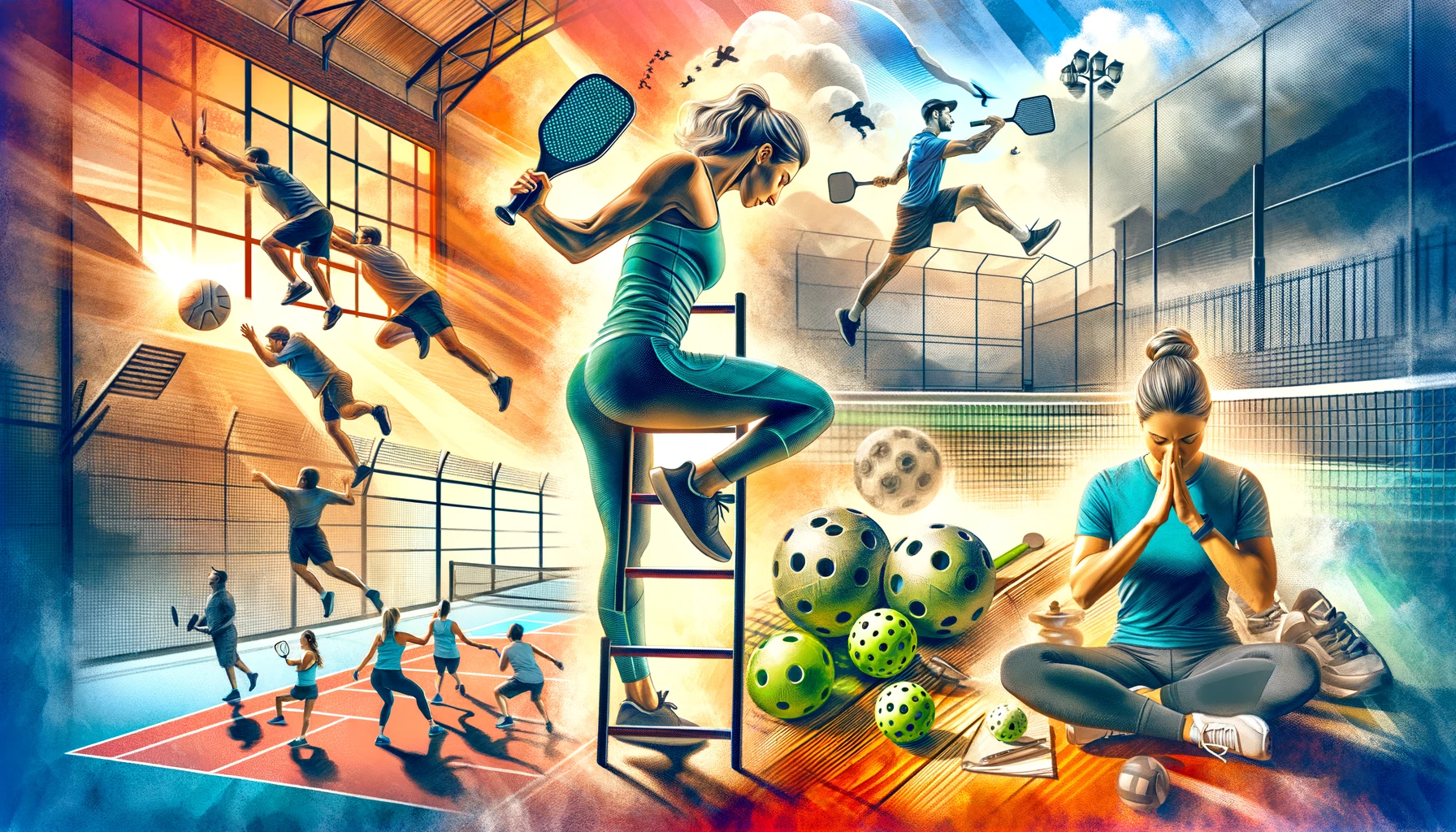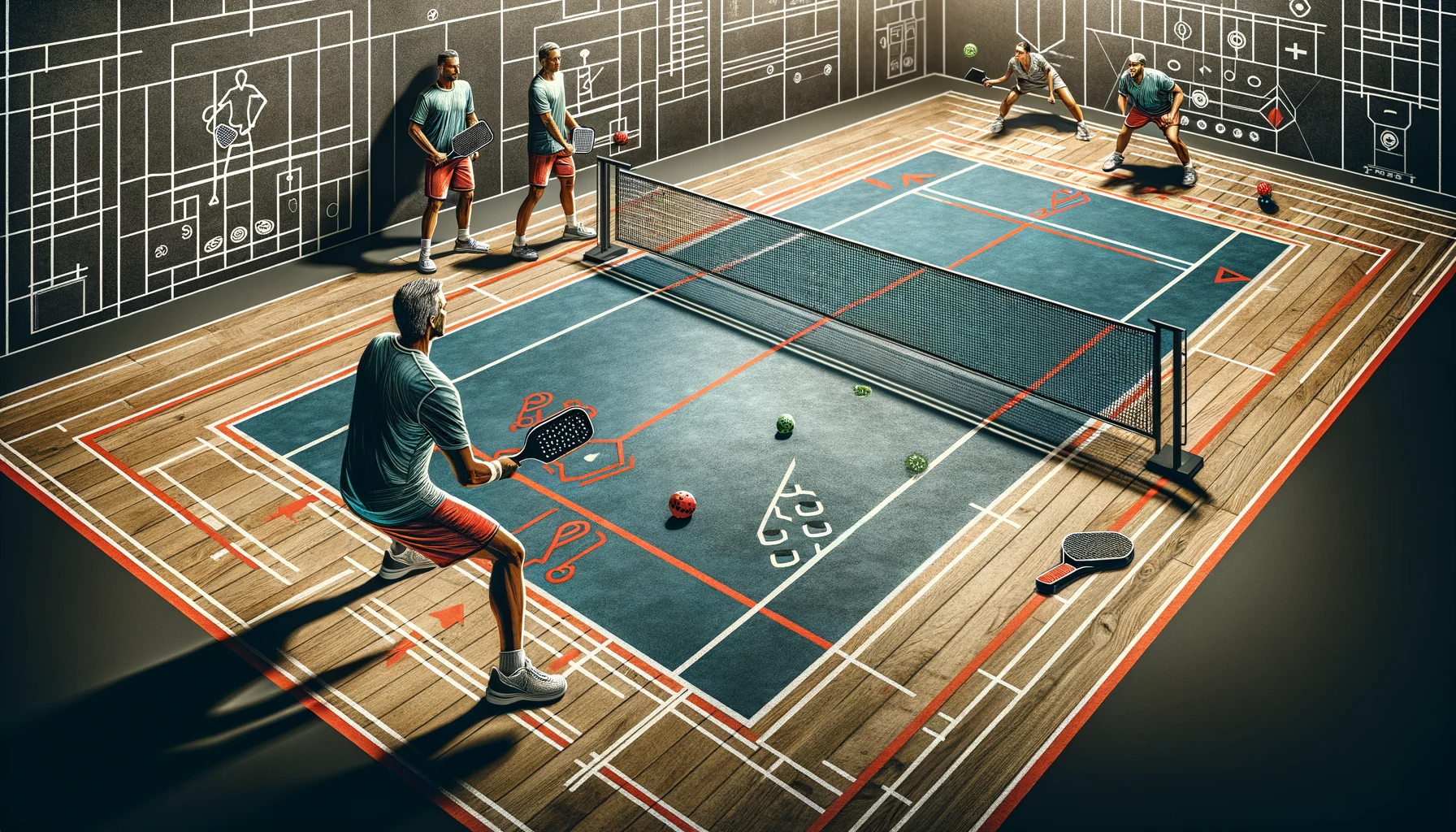

Pickleball Nutrition: Fueling Your Game the Right Way
Pickleball, a rapidly growing sport combining elements of tennis, badminton, and ping-pong, demands not just skill and strategy but also physical stamina and energy. This blog post delves into the optimal nutrition and hydration practices for pickleball players, highlighting how a balanced diet enhances energy levels and overall performance on the court.
Understanding the Physical Demands of Pickleball
Energy Systems Used in Pickleball
Pickleball is an intermittent sport, requiring both aerobic (endurance) and anaerobic (short bursts of power) energy systems. Understanding these demands is crucial for tailoring your diet to meet your energy needs.
Importance of Nutrition in Sports Performance
Proper nutrition plays a key role in optimizing your performance. It provides the energy required for movement, aids in recovery, and helps prevent injuries.
The Essentials of a Balanced Diet for Pickleball Players
Macronutrients: Carbs, Proteins, and Fats
- Carbohydrates: The primary energy source during active play. Whole grains, fruits, and vegetables are excellent choices.
- Proteins: Essential for muscle repair and growth. Include lean meats, fish, beans, and nuts in your diet.
- Fats: Necessary for overall health. Focus on healthy fats from sources like avocados, olive oil, and fatty fish.
Micronutrients: Vitamins and Minerals
- Vitamins: B vitamins for energy metabolism, Vitamin D for bone health, and antioxidants (Vitamins C and E) for recovery and immune function.
- Minerals: Iron for oxygen transport, calcium and magnesium for bone health, and electrolytes for maintaining hydration balance.
Hydration: A Key Element in Performance
- Why Hydration Matters: Adequate hydration is crucial for maintaining performance, especially in outdoor settings or warm climates.
- Tips for Staying Hydrated: Regularly drink water throughout the day, not just during play. Include electrolyte-rich beverages if playing for extended periods.
Pre-Game, During, and Post-Game Nutrition
Pre-Game Nutrition
- Timing and Type of Meals: Eat a balanced meal 2-3 hours before playing. Focus on carbohydrates with moderate protein and low fat.
- Example Meal Ideas: Whole grain pasta with lean chicken, a fruit smoothie with oats, or a turkey and avocado sandwich on whole-grain bread.
During the Game
- Snacks for Sustained Energy: Easy-to-digest carbs like bananas or energy bars. Avoid heavy or high-fat foods.
- Hydration Tips: Drink water or electrolyte beverages, especially on hot days or during long matches.
Post-Game Recovery Nutrition
- Recovery Foods: Combine carbohydrates and protein. The protein aids in muscle recovery, while carbs replenish energy stores.
- Hydration: Continue to drink water to replenish any fluid lost during play.
Tailoring Your Diet to Your Training and Match Schedule
Adjusting Caloric Intake
Your energy needs vary depending on your training intensity and duration. Listen to your body and adjust your calorie intake accordingly.
Importance of Meal Planning
Planning your meals ensures you get the right balance of nutrients and can help prevent overeating or undereating.
FAQs on Pickleball Nutrition
- What should I eat before a pickleball game? A balanced meal of carbohydrates, moderate protein, and low fat, eaten 2-3 hours before the game, is ideal.
- How important is hydration during pickleball? Extremely important. Adequate hydration maintains performance and prevents heat-related illnesses.
- What are good post-game recovery foods? A mix of carbohydrates and protein, like a chicken sandwich or a protein shake with fruit, is effective for recovery.
- Can my diet impact my pickleball performance? Yes, a well-balanced diet directly impacts your energy levels, endurance, and recovery, thereby affecting your performance.
- Should I use sports drinks during pickleball? For extended play, especially in hot conditions, sports drinks can help replenish electrolytes lost through sweat.
